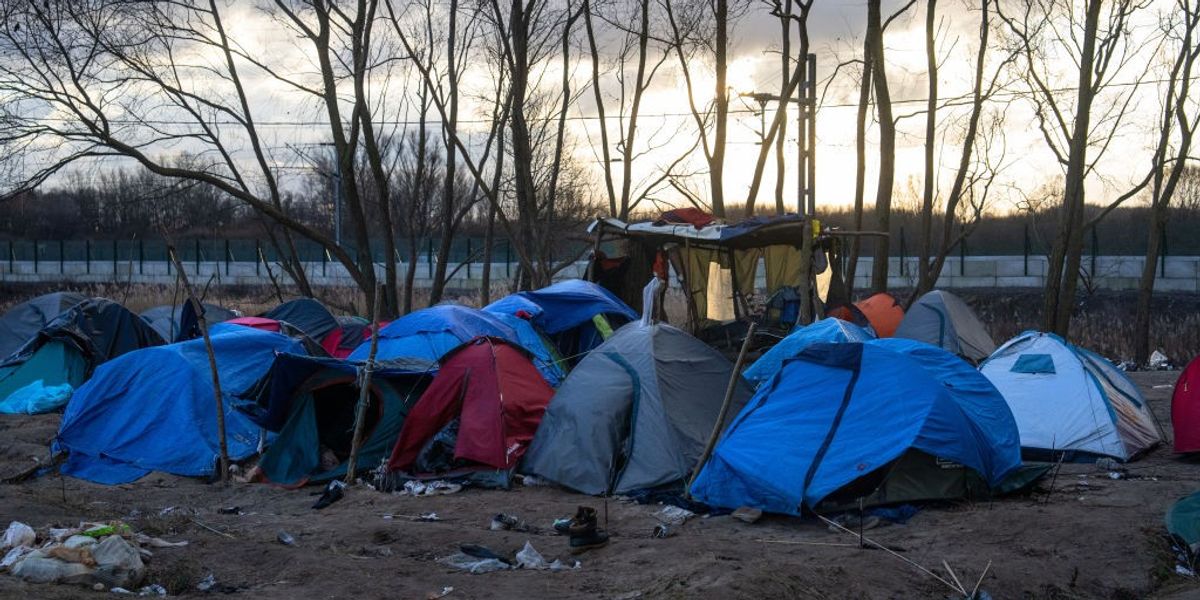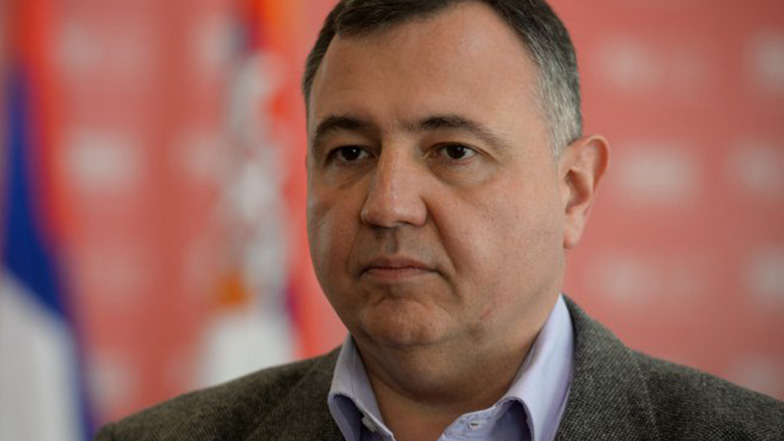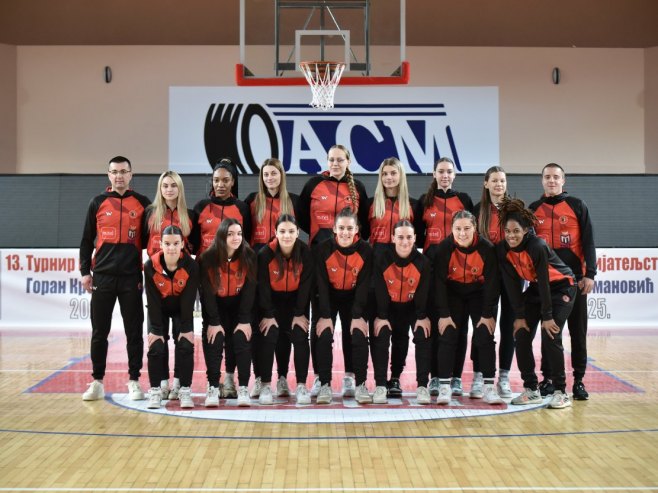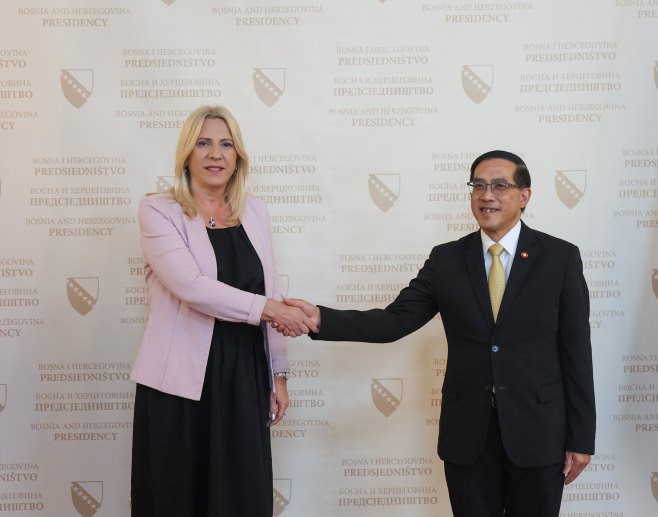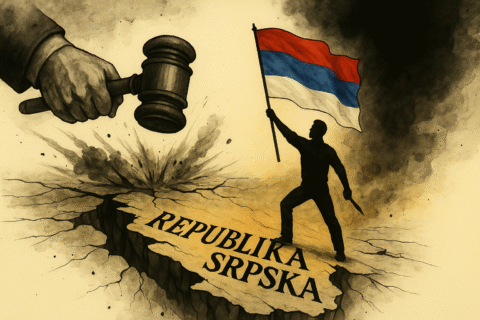Head of the SNSD parliamentary group, Srđan Mazalica, emphasized during his guest appearance on our Morning Program that the declaration on migrant accommodation is a crucial issue for Republika Srpska and that members of the National Assembly must take a clear position.
“The declaration is important because the National Assembly must take a stance, and we should thank the president of Republika Srpska for putting this issue before the Assembly. By adopting a firm stance, the Assembly can also compel other representatives of Republika Srpska’s institutions to reject any proposal regarding migrant accommodation,” said Mazalica.
He stressed that he expects a clear position from opposition MPs as well:
“The opposition often claims that SNSD holds key positions in state institutions. But the opposition also has its people. This is not about party-level obstruction—it is about acting through institutions, not informal pressure. I would like to see the opposition in the Assembly support this declaration, which is preceded by detailed information. I want to see whether there is anything in that document they find problematic.”
Speaking on the broader issue of migrants, Mazalica pointed to developments in the UK media and stressed that this is a live topic there.
“We saw how Edi Rama refused to accept migrants in Albania. Many Albanians live in the UK, and it’s a hot topic. From their statements, it is evident that Balkan countries have been offered such deals. Albania said no—why should Republika Srpska say yes? This is an important matter that could cost us dearly—not just financially, but also in terms of general security. We are seeing an increase in attacks, internal conflicts. These are not families—mostly adult, able-bodied men with unclear missions in Europe. There is reason to suspect this is a case of exporting crises from developed countries to Bosnia and Herzegovina.”
Mazalica also questioned whether the opposition would respect the decisions of the National Assembly, noting a history of disregard for parliamentary conclusions:
“When it comes to migrants, I expect the opposition to take a stand. After all, it was the National Assembly that established Republika Srpska, and when something is adopted by a majority, it must be binding for all.”
Commenting on the judiciary, Mazalica stated that the High Judicial and Prosecutorial Council of Republika Srpska is still not formed:
“We cannot expect judges selected by the HJPC of BiH—which includes members from the other entity—to defend the interests of Republika Srpska. Prosecutors are unwilling to oppose Christian Schmidt or colleagues from the Federation who accept laws imposed by Schmidt, likely out of fear of disciplinary consequences. The entire structure of judges and prosecutors lacks loyalty to Republika Srpska. To prosecute violations of the constitutional order, we must establish our own institutions.”
Regarding the special session focused on public enterprises in Srpska, Mazalica reminded that the topic was initiated by opposition MPs:
“This was their proposal. We’ll see how we approach it today. In any case, management already reports to the Government. We’ve had negative reports, like with ‘Šume,’ but that doesn’t mean debate is the only way to improve things—the Government is already implementing certain reforms.”
As for the 15th regular session of the National Assembly, which features 30 agenda items, Mazalica pointed to key laws such as the Social Card Law:
“This will enable us to implement better-targeted social policies. Also, the budget rebalance and the Law on Police and Police Affairs, which introduces an auxiliary police corps, are on the agenda. We are missing around 1,000 officers.”
Mazalica responded to recent criticism of this auxiliary police force:
“These will be retired officers assisting in regular duties. This is not a paramilitary formation—criticism comes mainly from the Federation. Frankly, we should be more concerned with how the Federation stores ammunition and their militarized rhetoric. It worries me that our own opposition calls this idea ‘radical’ while never addressing the Federation’s militarization.”
Today, the National Assembly of Republika Srpska is holding its 15th regular session, with 30 agenda items, including President Milorad Dodik’s declaration rejecting any plan for establishing migrant centers in Bosnia and Herzegovina, especially in Republika Srpska. Before the regular session, a special session will be held focusing on public enterprises.
Source: RTRS



